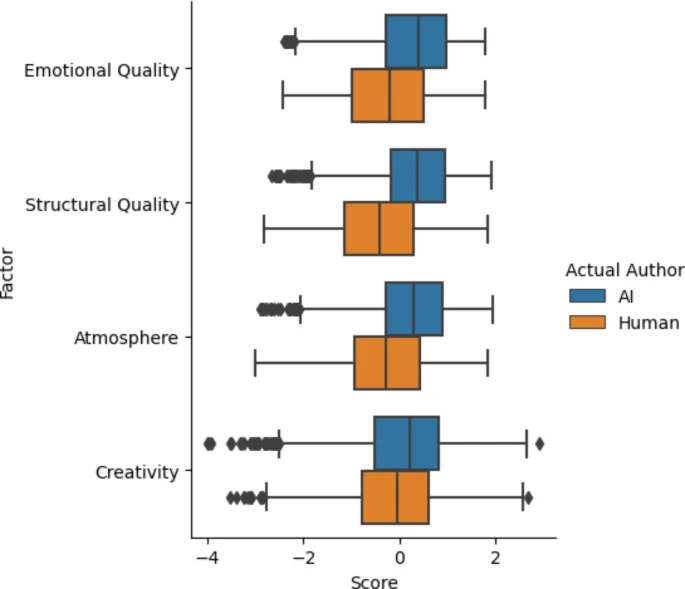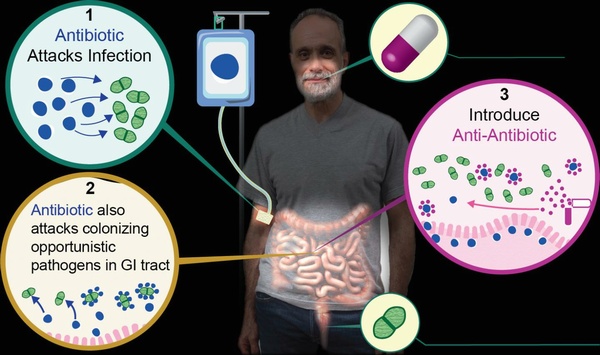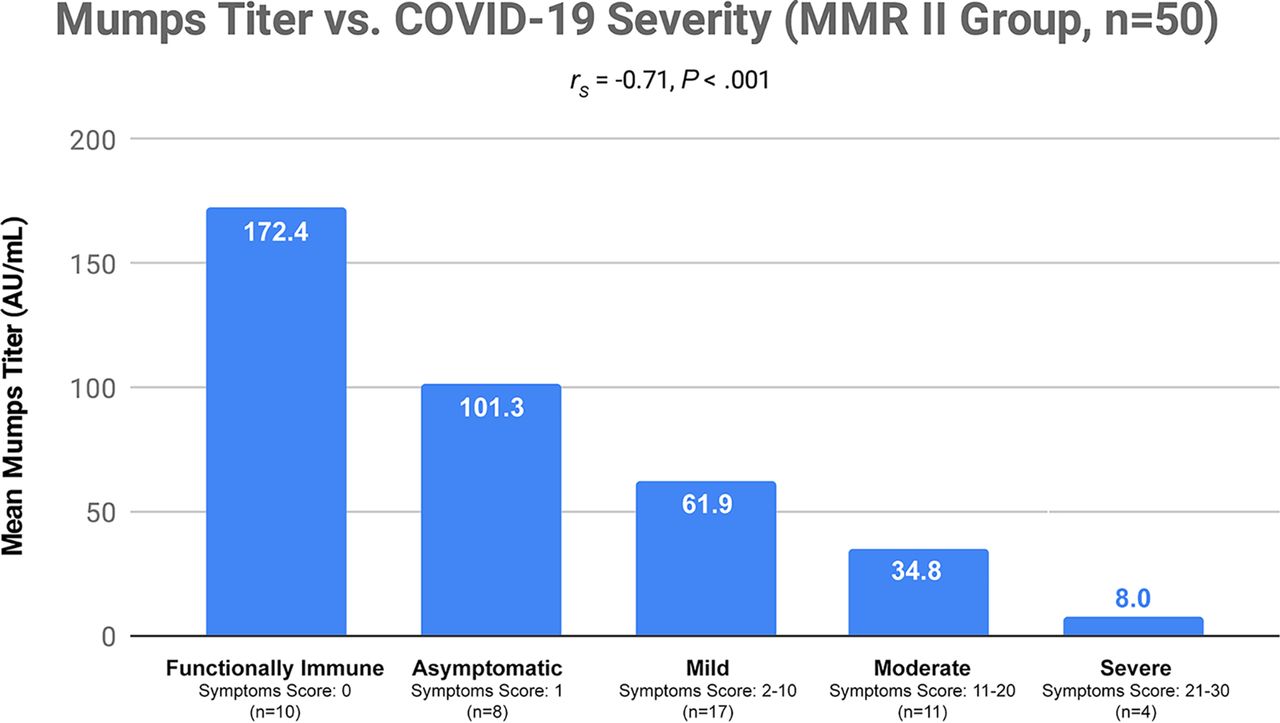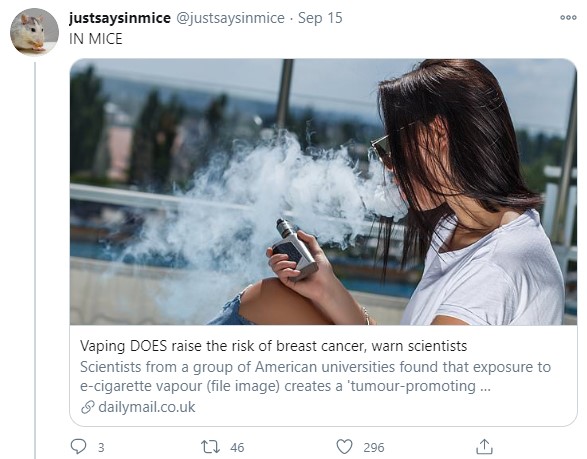When your Xbox is a gaming console and a 4K Blu-Ray player, you don't need two devices, and when your phone is a camera and a video recorder, there are two fewer things to buy - and eventually throw away.
As smart devices have become more integrated, and more commodities like a dishwasher than technology events, people own fewer things and keep them longer. That means less electronic waste. Yet the story we get from environmental groups is that e-waste is the fastest growing material pollution and only donations to lawyer-run groups can stop it.
In the United States, meat substitutes like Beyond Meat and Impossible Foods are now fixtures in culture. Vegetarians who miss meat want to eat them because they use plants while environmental activists don't want to eat them because they use science. That keeps them in the public eye.
Antibiotic resistance is a serious problem. Nature constantly evolves new ways to kill, which means pathogens will develop new methods of resistance to current treatments, but pharmaceutical companies also have little incentive to develop new antibiotics. Instead, they have obstructions when the U.S. Food and Drug Administration will require a billion dollars in expenses, 10 years of regulatory approval, and then grandstanding politicians will demand it immediately be generic and cost a dollar.
Mumps IgG titers, levels of IgG antibody,
have been correlated to lowered severity in recovered COVID-19 patients who had the Merck MMR II vaccine, and that has led a group
to speculate that the MMR vaccine may protect against COVID-19.
In the modern world of chemistry, where we can detect parts per billion, trillion, and even quadrillion, we can detect anything we want in anything else. In the modern world of epidemiology, we can also link anything to anything we want, as Harvard School of Public Health does often with its claims that some food or trace chemical is either curing or causing cancer when grant application season rolls around.
In its 47 year history, the Endangered Species Act went from an essential law to protect actual endangered species to a hammer with which to pummel companies and landowners. What started with an American bald eagle became holding housing development projects hostage by getting an obscure endangered designation for some creature and then demanding huge settlements and fees to 'protect' it.
 Minnesota Trial Lawyers Want To Ban Neonics - Here Is Why That Is A Mistake
Minnesota Trial Lawyers Want To Ban Neonics - Here Is Why That Is A Mistake The Toxic Masculinity Of Disney Movies
The Toxic Masculinity Of Disney Movies AI And The Poetry Problem
AI And The Poetry Problem Morte Alla Francia Italia Anela - The Secret History Of Organized Crime In 1343
Morte Alla Francia Italia Anela - The Secret History Of Organized Crime In 1343








